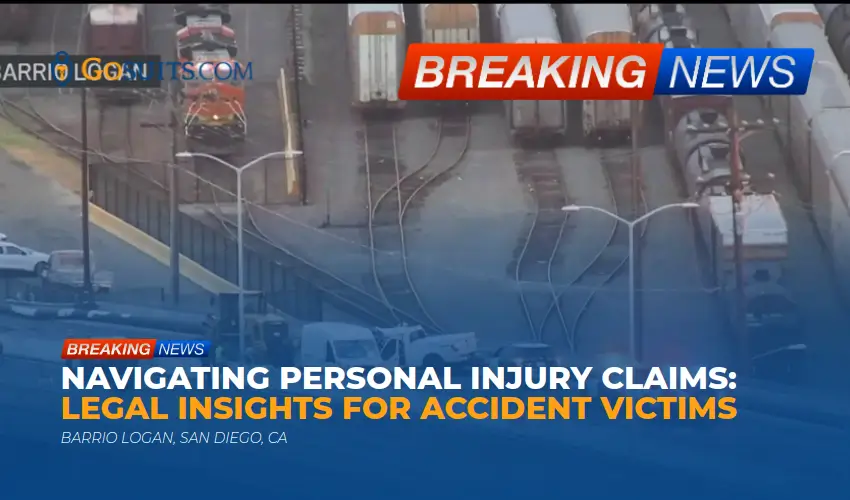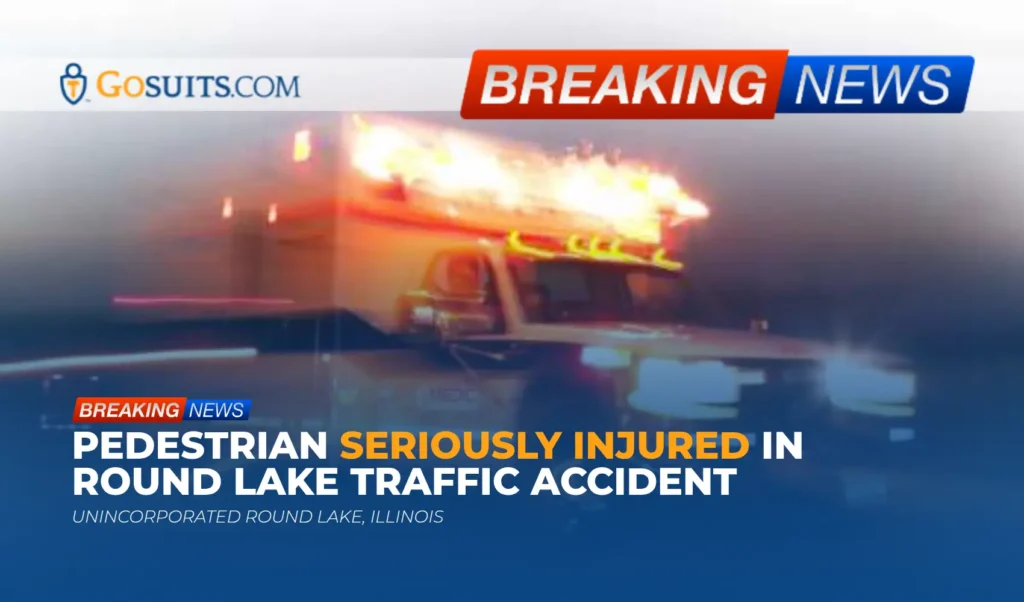Analyzing the Legal Implications of Accidents and Personal Injuries
Accidents, whether they occur on the road, in the workplace, or due to someone’s negligence, can result in severe injuries and significant disruptions to the lives of those involved. Understanding the legal landscape surrounding personal injury cases is crucial for victims seeking to protect their rights and recover damages. This article will analyze the potential legal ramifications of such incidents, offering insights into the factors that determine liability and possible recourses available to injured parties.
Understanding the Elements of a Personal Injury Claim
Personal injury law is a complex field that covers a wide range of incidents, including car accidents, slip and falls, and injuries caused by defective products. At its core, a personal injury claim seeks to compensate individuals who have been harmed due to the negligence or intentional actions of another party. To successfully pursue a claim, several key elements must be established:
- Duty of Care: The defendant must have owed a legal duty of care to the injured party. This duty exists when one person is expected to act reasonably to avoid causing harm to another. For example, drivers have a duty to operate their vehicles safely, and property owners have a duty to maintain their premises in a reasonably safe condition.
- Breach of Duty: The defendant must have breached their duty of care through negligence or intentional misconduct. Negligence occurs when a person fails to exercise the level of care that a reasonably prudent person would under similar circumstances. Intentional misconduct involves deliberate actions that cause harm.
- Causation: The defendant’s breach of duty must be the direct and proximate cause of the injury. This means there must be a clear link between the defendant’s actions and the harm suffered by the victim.
- Damages: The injured party must have suffered actual damages as a result of the injury. Damages can include medical expenses, lost wages, pain and suffering, and property damage.
Exploring Common Types of Personal Injury Cases
Personal injury cases arise in many different situations. Some of the most common types include:
- Motor Vehicle Accidents: Car, truck, and motorcycle accidents often result in serious injuries due to the forces involved. Negligence, such as distracted driving, speeding, or driving under the influence, is a frequent cause. Determining fault and establishing liability can be complicated, often requiring thorough investigations and accident reconstruction.
- Premises Liability: Property owners have a responsibility to maintain their premises in a safe condition for visitors and guests. Slip and fall accidents, dog bites, and other injuries that occur on someone else’s property can give rise to a premises liability claim. Factors such as the owner’s knowledge of the hazard, the adequacy of warnings, and the victim’s conduct can influence the outcome of these cases.
- Workplace Accidents: Construction sites, factories, and other work environments can be hazardous, leading to injuries from falls, equipment malfunctions, and exposure to dangerous substances. Workers’ compensation laws provide benefits for injured employees, but in some cases, a third-party claim may be possible if someone other than the employer’s negligence caused the injury.
- Product Liability: Manufacturers, distributors, and retailers can be held liable for injuries caused by defective products. Product liability claims may involve design defects, manufacturing defects, or a failure to provide adequate warnings about the product’s risks.
- Assault and Battery: While these are also criminal offenses, they can form the basis for a civil lawsuit seeking compensation for injuries caused by intentional acts of violence.
The Importance of Seeking Legal Counsel
Navigating the complexities of a personal injury claim can be overwhelming, especially while dealing with the physical and emotional aftermath of an accident. Consulting with a seasoned personal injury attorney is essential to protect your rights and maximize your chances of a successful outcome. An attorney can:
- Investigate the Accident: Attorneys and their staff can gather evidence, interview witnesses, and reconstruct the accident scene to determine liability.
- Evaluate Damages: An attorney can help assess the full extent of your damages, including medical expenses, lost wages, pain and suffering, and future losses.
- Negotiate with Insurance Companies: Dealing with insurance adjusters can be challenging. An attorney can handle all communications and negotiations with the insurance company on your behalf.
- File a Lawsuit: If a fair settlement cannot be reached, an attorney can file a lawsuit and represent you in court.
The Role of Insurance in Personal Injury Claims
Insurance plays a central role in most personal injury cases. Depending on the type of accident and the parties involved, several types of insurance coverage may be applicable:
- Automobile Insurance: In car accidents, the at-fault driver’s liability insurance is typically the primary source of compensation. Uninsured/underinsured motorist coverage may also be available if the at-fault driver lacks sufficient insurance or is unidentified.
- Homeowners Insurance: This policy may cover injuries that occur on the homeowner’s property, such as slip and falls or dog bites.
- Commercial General Liability Insurance: Businesses carry this type of insurance to cover injuries that occur on their premises or are caused by their operations.
- Workers’ Compensation Insurance: This insurance provides benefits to employees who are injured on the job, regardless of fault.
Insurance companies are businesses, and their goal is to minimize payouts. It is crucial to have an attorney advocate for your interests and ensure you receive fair compensation for your injuries.
Commentary from Gosuits San Diego, CA Personal Injury Attorney
Personal injury cases demand a thorough understanding of the law, evidence, and the specific circumstances of the incident. If you or a loved one has been injured due to someone else’s negligence, it is important to seek legal advice as soon as possible. A skilled attorney can evaluate your case, explain your rights, and guide you through the process of seeking justice and compensation for your losses.





